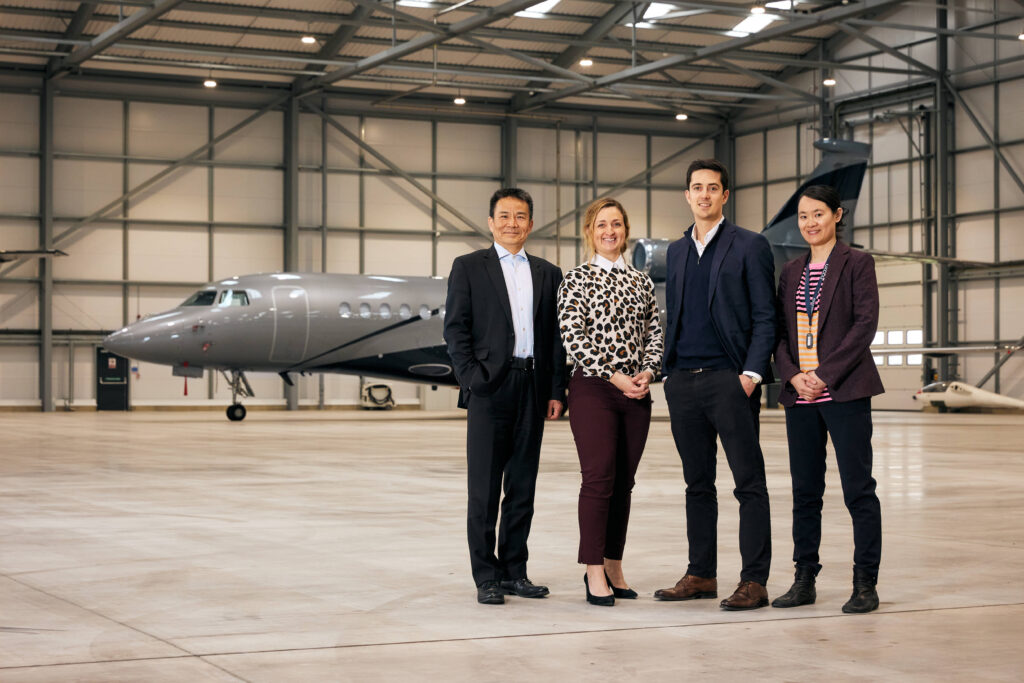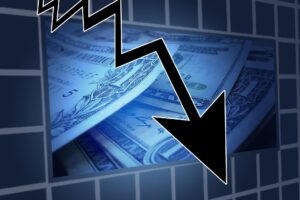OXCCU Raises $22.7M in Series A Financing to Commercialize SAF
By John Pullen | June 9, 2023
Send Feedback

OXCCU raised nearly $23 million in Series A financing to commercialize sustainable aviation fuel, or SAF. (Photo: OXXCU)
OXCCU TECH LTD recently announced that it has raised $22.7 million (€18 million) through Series A financing to bring a promising and cost-effective sustainable aviation fuel (SAF) to the market. With support from several major investors, including leaders within the aviation industry, OXCCU believes that it can bring a more affordable alternative fuel to the market for commercial use.
OXCCU is a spin-out company of the University of Oxford with a mission to create novel catalysts and reactor designs that will convert carbon dioxide and hydrogen into hydrocarbons that can become things like fuel, plastic, and chemicals. The team also helps petrochemical, surfactants, synthetic lubricant, and plastic markets meet regulations enforced to improve the sustainability of these industries. Headquartered in the United Kingdom, the company has begun working with investors across the world to finance its attempts to use carbon dioxide in an alternative aviation fuel.
The $22.7 million that OXCCU raised in Series A financing came as a result of collaboration with many critical investors. Clean Energy Ventures, a firm that funds businesses looking to employ new, cleaner technologies, contributed to this project alongside other investors like Aramco Ventures, Eni Next (a venture arm of Italian energy company Eni), Braavos Capital, Kiko Ventures, Trafigura, and even United Airlines Ventures Sustainable Flight Fund. With this financial capital, OXCCU will scale its catalytic approach of converting carbon dioxide and hydrogen into SAF and thus accelerate its new product’s introduction to the market.
The new fuel in development promises to address a key objection that current operators have to utilizing SAF. This alternative fuel is notoriously expensive, making large-scale adoption of this technology unattractive to airlines and transport companies. Part of the reason SAF is so expensive is because of the two-step process needed for its creation, which involves a Reverse Water Gas Shift (RWGS) and Fischer Tropsch (F-T) reaction. However, OXCCU’s technology consolidates these steps into one catalytic conversion. This simplification greatly lowers the cost of production and thus the cost customers would pay to use the fuel.
Daniel Goldman, co-founder of Clean Energy Ventures, explained the importance of OXCCU’s innovations in the aviation industry, explaining that this “breakthrough is exactly what we need to turn the emerging SAF market into reality and cost-effectively cut carbon emissions from fuel production at scale. OXCCU’s process is unique in the emerging SAF industry based on our evaluation of dozens of technologies. We see extraordinary potential for this technology to mitigate new aviation fuel production emissions at gigaton-scale in the near future, and we are pleased to lead an extraordinary consortium of industry leaders to support the company in its commercialization and deployment.”
Now supplied with more financial capital, OXCCU’s team is optimistic that its cost-effective solution will perform successfully in the market and help make air travel a more sustainable industry.





















